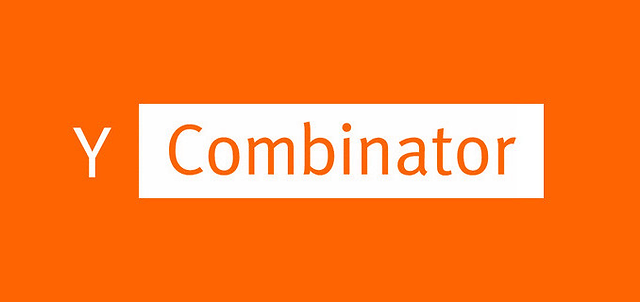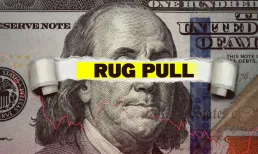As Russian forces advance toward the strategically vital Ukrainian city of Pokrovsk, parents are reportedly hiding their children from local authorities to avoid mandatory evacuations. The communities in and around Pokrovsk, located in eastern Ukraine, are under intense pressure to flee as warnings increase about the deteriorating situation. Despite Ukraine’s own military advances into Russian territory, the threat posed by Russian forces continues to grow in the region.
Local officials have urged residents to evacuate within the next two weeks as the situation becomes increasingly dangerous. The city of Pokrovsk, once home to around 60,000 people, has seen many residents flee since the full-scale invasion began, but many remain. Daily evacuations are ongoing, with approximately 600 to 700 people leaving each day. On Thursday alone, Ukraine’s national rail network reported that 371 people were evacuated by train, requiring nine extra carriages to accommodate the surge.
Fear and Reluctance to Leave
Evheniya, a 65-year-old resident of Pokrovsk, expressed her fears but remains reluctant to leave despite the danger. “At night [I hear] blasts, and I sit up in my bed. It’s so scary when you are alone,” she told CNN. Similarly, Natalya, 69, plans to flee soon, saying her “nerves are on the edge” as the situation grows more intense.
Pokrovsk is not a large city, but it plays a critical role for the Ukrainian military due to its proximity to Kostiantynivka, another military hub. The Ukrainian military has described Pokrovsk as the “hottest” front of the war, with fighting ongoing in multiple areas. The surrounding region includes 39 villages, as well as the nearby town of Myrnohrad, which is only three miles from the front lines.
Families Hiding Children from Authorities
Despite the increasing danger, many residents are reluctant to leave, with some going so far as to hide their children from authorities to avoid forced evacuation. Yurii Tretiak, head of the military administration in Myrnohrad, warned that the situation would only worsen and urged residents to leave. “Don’t wait. It will not get better, it will only get worse,” he said. Tretiak also revealed that authorities are now conducting house visits to locate families hiding children and providing false information about their whereabouts.
One evacuee, Kateryna, shared her emotional struggle as she prepared to leave Pokrovsk with her teenage son and toddler daughter. “I have lived here for 30 years, since I was born. Can you imagine what it’s like to live here all your life and suddenly give up everything?” she said in a statement released by Ukraine’s rail operator.
Escalating Conflict in Donetsk and Beyond
While the people of Pokrovsk and its surrounding areas face continued shelling, Russian forces claim to have captured the village of Mezhove in Donetsk as part of their offensive. Ukrainian President Volodymyr Zelensky acknowledged the difficult situation, stating that Ukrainian forces are reinforcing the eastern region to fend off further advances by Russian troops.
Amid these developments, Russian authorities have also reported thwarting a Ukrainian incursion into the border region of Bryansk. The governor of Bryansk, Alexander Bogomaz, confirmed that Russian Federal Security Service (FSB) forces had stabilized the area after clashes with Ukrainian troops.
Meanwhile, Ukraine continues its bold cross-border operations into the Kursk region of Russia, where it has captured over 1,000 square kilometers of territory. Ukrainian officials have described the incursion as an effort to create a “buffer zone” to prevent further cross-border attacks by Russian forces.
As the conflict escalates on both sides of the border, the people of Pokrovsk and other affected regions face the difficult decision of whether to stay or flee, with many families caught in the crossfire.













